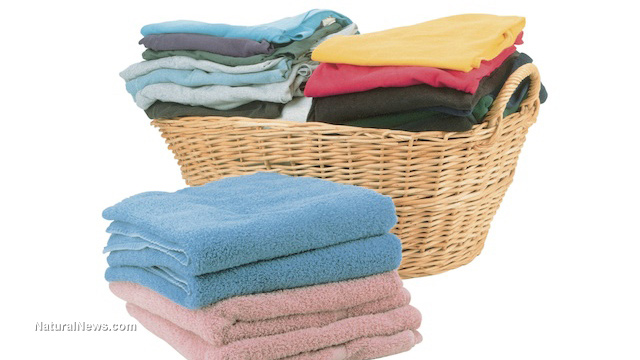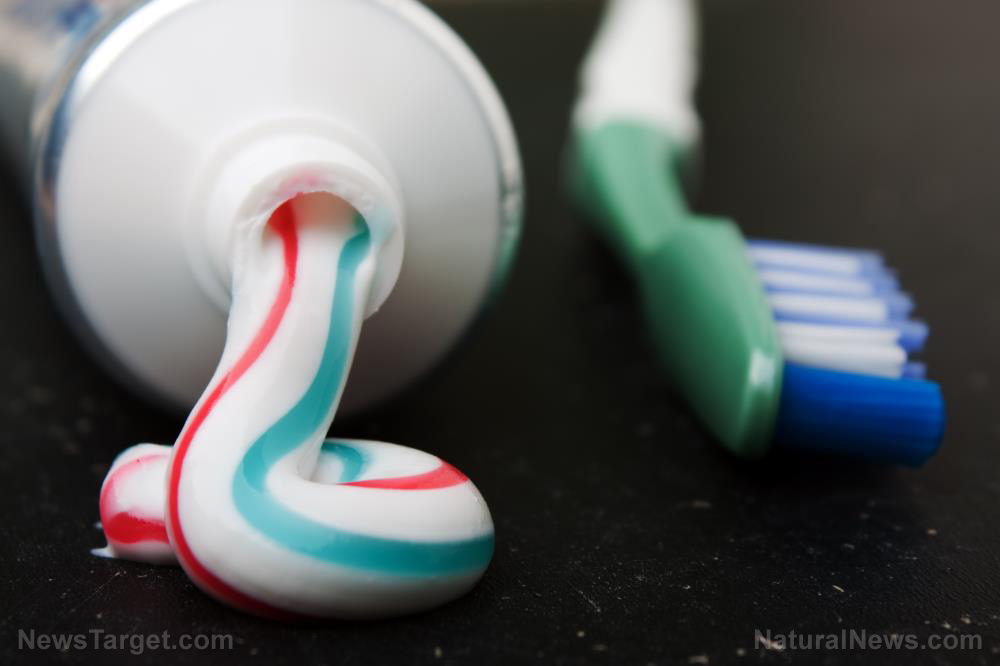Sickeningly sweet: Artificial sweeteners worsen gut inflammation, intensify symptoms of Crohn’s disease
04/11/2018 / By Vicki Batts

The lure of a calorie-free sweetener is hard to beat; after all, who doesn’t want to have their cake and eat it, too? The promise of zero-calorie beverages and lower-calorie baked goods that come along with sugar substitutes are often convincing enough on their own for the calorie-conscious among us. But studies have consistently shown that these fake sugars are not the sweet salvation their manufacturers have made them out to be: For many people, these substitutes come with serious consequences.
A recent study from Case Western Reserve University, located in Cleveland, Ohio, has indicated that artificial sugars like sucralose (Splenda) are exceptionally problematic for people prone to intestinal inflammation.
Artificial sweetener worsens intestinal inflammation
Researchers from the university’s School of Medicine found that regular consumption of Splenda-infused water yielded disastrous results in mice afflicted with “Crohn’s-like disease.” This finding aligns with data from human patients who have irritable bowel diseases: At least 15 percent report that artificial sweeteners make the symptoms of their condition worse.
While studying the mice, the research team found that Splenda consumption prompted an overgrowth of E. coli bacteria. They also noted an increase in bacterial penetration of the intestinal wall in the rodent Crohn’s patients. These traits were not observed in healthy mice who consumed the Splenda water. But the differences didn’t end there. As reported in Science Daily:
The researchers also found that Splenda ingestion results in increased myeloperoxidase activity in the intestines of mice with the bowel disease, but not in the healthy mice. Myeloperoxidase is an enzyme in leukocytes (white blood cells) that is effective in killing various microorganisms.
Ultimately, the scientists believe that Splenda increases myeloperoxidase activity through the increased presence of E. coli bacteria. Effectively, Splenda is indirectly stimulating the body’s natural inflammatory response by increasing numbers of harmful pathogens. Their findings suggest that this response is primarily seen in subjects with an inflammatory condition (like Crohn’s disease). And so, this exacerbation of inflammation causes worsening symptoms.
Lead author Alex Rodriguez-Palacios, DVM, MSc, DVSc, Ph.D., an assistant professor of medicine at Case Western Reserve, commented, “Our findings suggest that patients with Crohn’s disease should think carefully about consuming Splenda or similar products containing sucralose and maltodextrin.” Rodriguez-Palacios added that their data showed the sweetener caused “changes in gut bacteria and gut wall immune cell reactivity, which could result in inflammation or disease flare ups in susceptible people.”
Other consequences of fake sugars
The study by the Case Western Reserve team has undoubtedly raised concerns about the effects that artificial sweeteners like Splenda have on the intestines. But, it is surely far from the first bit of science to suggest that these test-tube sugars are harmful to the human body. Indeed, there is no shortage of studies that show the effects of ubiquitous sugar substitutes like Splenda and aspartame have system-wide consequences.
Both aspartame and sucralose have been linked to long-term adverse health effects — including cancer. Last year, it was revealed that a study of 60,000 aspartame-consuming women showed a substantial increase in risk of cardiovascular disease. The study, led by the University of Iowa, found that women who consumed two or more diet beverages per day were 30 percent more likely to have a heart attack, stroke or other cardiovascular event. Among women who suffer such an attack, those who consumed aspartame regularly were 50 percent more likely to die from it.
As for sucralose, past research has suggested that regular consumption can increase the risk of cancer — including blood cancers like leukemia. And to make matters worse, recent data has indicated that these “calorie free” substitutes actually contribute to weight gain rather than weight loss. In other words, these products are just making people sick and aren’t even helping to combat the obesity problem they claim to aid.
Learn more about what you’re eating at Food.news.
Sources for this article include:
Tagged Under: artificial sweeteners, aspartame, chemical sweeteners, crohn's diease, digestive health, GI health, ingredients, irritable bowel disease, Splenda, sucralose



















